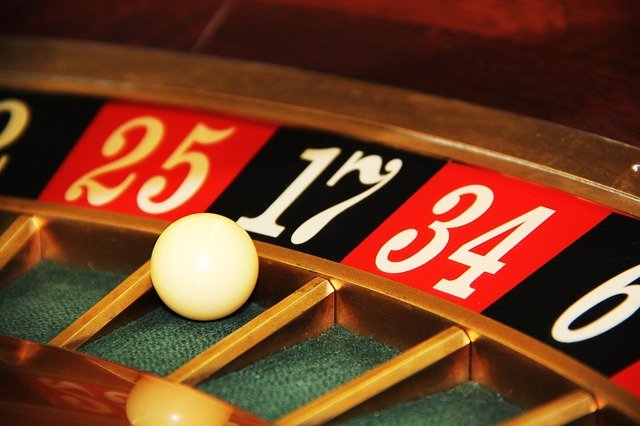When the world shut down because of COVID, many were left alone with just an internet connection and their credit cards. That’s not a dangerous combination for most. However, the impact of COVID on people struggling with gambling addiction has been costly in more ways than one.
A Respite from Loneliness
Feelings of isolation and loneliness were heightened for certain people when the COVID-19 pandemic caused lockdown orders around the world.
Although opportunities to gamble in person all but disappeared online gambling sites offered people a full range of gambling opportunities. These included online poker, sports betting, and lottery ticket sales.
Online gambling increased overall during the past year. Many people turned to gambling as a coping mechanism to deal with distressing emotions. But a wealth of studies found that certain people were at a higher risk for developing an addiction to gambling.
In a review of 17 studies, researchers found that younger men who struggled with mental health concerns were at greater risk. Many started gambling online more after the lockdown orders were issued.
For many of these men, gambling may have been a respite from the loneliness, anxiety, or despair they were feeling. But the researchers found that the more those men gambled, the more gambling started to interfere with their daily lives.
A Common Pastime
Gambling often brings up images of horse tracks and casinos, but simply buying a lotto ticket is considered gambling.
In a national survey of U.S. adults by the National Council on Problem Gambling (NCPG), 3 out of 4 people said that they gambled in the past year. Playing the lottery (66%) was the most popular form of gambling, followed by buying a raffle ticket (41%). Going to a casino followed closely at (37%), and playing a slot or gaming machine (32%).
Most of the respondents who enjoy gambling said that they bet on more than one game or activity. The average person made at least three different types of bets in the past year.
For most adults, playing craps or betting on fantasy football leagues is just another hobby. But some people can struggle with the urge to gamble so much that it can keep them from holding a steady job or maintaining healthy relationships.
Among those who responded to NCPG’s survey, about 31% said that they experienced at least one symptom of gambling disorder in the past year. The most common? The need to gamble more to feel the same excitement they did before.
So, when does placing a few bets become something to worry about?
From Hobby to Disorder
Besides having the compulsion to gamble more to experience the same thrill, there are other signs that gambling has become an addiction rather than a hobby.
Gambling disorder, or gambling addiction, is a lot like an addiction to a substance such as alcohol or cocaine. Someone who suffers from a gambling addiction may struggle to cut back or stop gambling without professional help. When they do try to stop, it can make them feel so irritable or on edge that they start gambling again to provide relief.
Someone may also struggle to stop gambling because they are constantly chasing their losses. They keep going back to the casino, racetrack, or wherever they have been gambling so that they can break even or win back what they lost. However, that often means that they keep digging themselves into a bigger financial hole.
This pursuit likely consumes their life. A person who is suffering from a gambling addiction might be continually reliving an electrifying win, planning their next big scheme, or thinking about ways to get gambling money.
The negative stigma attached to gambling addiction can make a person feel ashamed to tell anyone that they’re struggling to stop gambling, so they might lie about or hide how much gambling is affecting their life. But trying to manage a condition like gambling disorder alone can make someone feel even more isolated, and that often just worsens their symptoms.
The impact of COVID on people struggling with gambling addiction has been notable. If you think that you might be struggling with gambling disorder, you’re not alone. With the help of professionals, you can learn to manage your symptoms and discover a better, brighter future.
About Keystone Treatment Center
Keystone Treatment Center is a trusted source of personalized residential treatment and outpatient programming for adolescents and adults who have been struggling with substance use disorders, compulsive gambling, and certain co-occurring mental health concerns. The facility, which opened in 1973, offers a variety of specialty programs, including focused treatment options for Native Americans, military members and veterans, and patients who wish to have Christian values and principles incorporated into their care. To learn more, please visit www.keystonetreatment.com.






